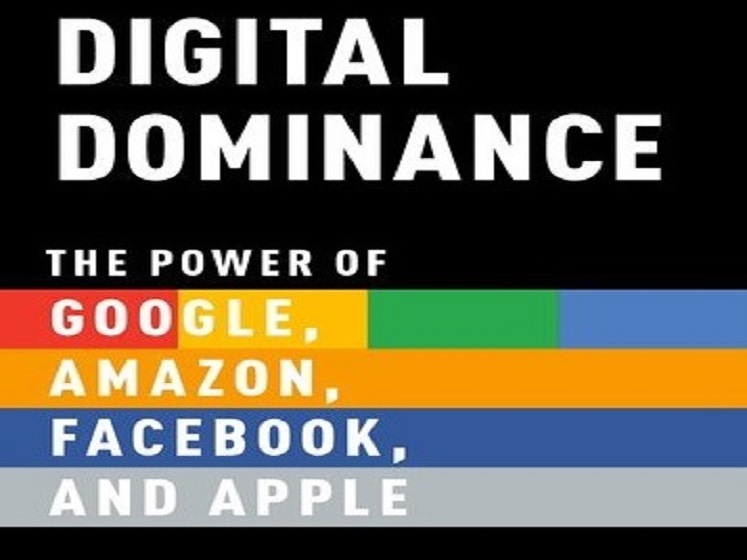 Jacqui Hunt, London Director for the international human rights organisation Equality Now, wants the Leveson Inquiry to result in a compulsory body that will set higher standards to promote diverse and fair reporting of women to avoid stereotyping and objectification.
Jacqui Hunt, London Director for the international human rights organisation Equality Now, wants the Leveson Inquiry to result in a compulsory body that will set higher standards to promote diverse and fair reporting of women to avoid stereotyping and objectification.
As a human rights organisation, Equality Now believes very strongly in a free press.
When the press is at its best it digs beneath the surface, it exposes the truth, it holds those responsible for abuse or discrimination to account.
Unfortunately the press sometimes falls far short of these standards when it comes to reporting on women and women’s lives. In a curious departure from its often promoted goal to find the truth, some press appears content to present stereotypes of women – women as worthy or unworthy victims of violence, women as opinionated rather than having opinions, women made visible only if they are of a certain age, a certain body size, a certain physical attractiveness and then frequently in relation to their body parts. Semi-naked pictures of women in newspapers send a message of the extent of women’s value.
Rarely do we even glimpse in public spaces older women, black, minority, ethnic women, women with disabilities. Not often do we hear from women experts, women commentators, women role models on issues that affect us all. It is not uncommon for women in public office to be objectified and infantilised and referred to only in relation to their looks rather than their policies. Labels such as “Dave’s dolls” and “Blair’s babes” signal that women politicians are mere appendages to the power structures with nothing of substance to impart.
This impedes our democracy by denying women a full voice and reducing women’s experience to stereotype. It hinders women’s access to justice by reinforcing and normalising views about how women are supposed to behave and, if they don’t conform to these discriminatory standards, not being rigorous about supporting justice for them. It sends a message to women, including to young girls who are just forming their opinions on who and what they want to be, that their worth will be measured by their looks and their body parts rather than their abilities.
Equality Now and the partners with whom we testified before the Leveson Inquiry – Eaves, End Violence Against Women Coalition and Object – are asking for more effective oversight of the press – a compulsory, independent body which can investigate on its own initiative and can impose strong sanctions when complaints are upheld – complaints not just from individually affected women, but also those who as a group feel the need to challenge a pattern of abuse or discrimination. Respect for sex equality and provisions dealing with discrimination on the basis of sex should be key and distinct components of any new code of practice, drawn up in consultation with women’s groups to ensure these elements are appropriately captured. We’re also asking for training of journalists on the myths and realities of violence against women and new codes of practice for presenting case studies so that women are not re-victimised by any press coverage or dissuaded from seeking justice for fear of not being believed. Journalists should be trained also on issues concerning gender stereotyping so the harms associated with sexualisation and objectification are understood. We need regulation of printed materials to be consistent with other forms of media regulation so that if sexually objectifying material would not pass pre-watershed broadcast restrictions, it cannot be printed in unrestricted newspapers.
Equality Now is not seeking a censored media. What we want is a professional media which promotes equality and democracy through fair representation of all citizens.
This post is based on a speech delivered at the Rally for Media Reform on 17 May 2012.




